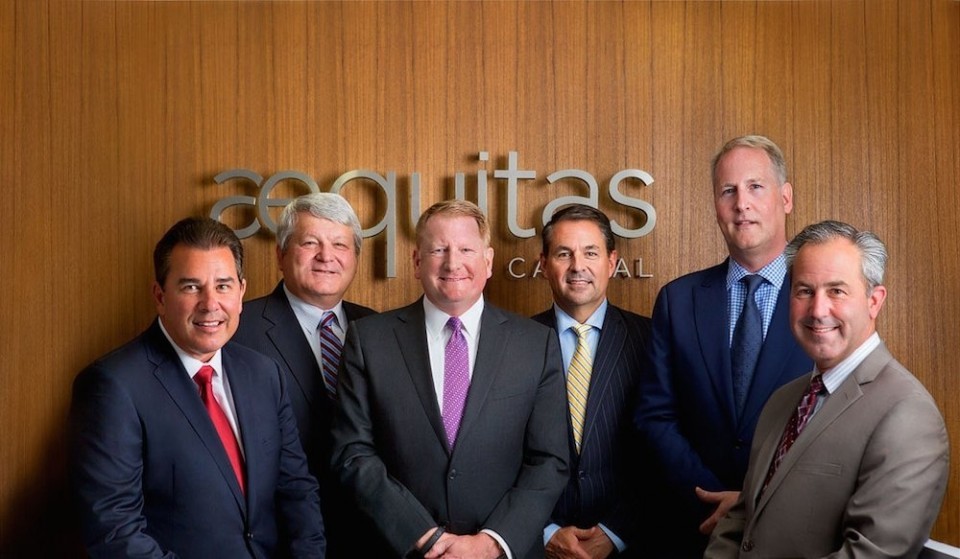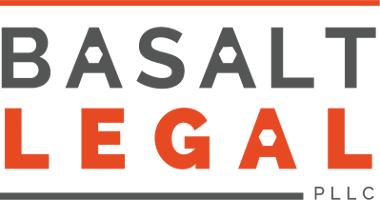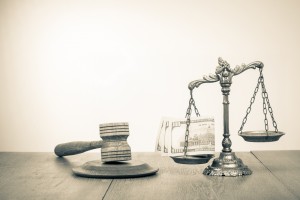- CALL TODAY
- 800.487.4660
BREAKING: Aequitas Receiver’s First Receivership Report Suggests Steep Losses Ahead for Investors

On September 14, 2016, the Aequitas receiver released his first report. Including exhibits, it is over 200 hundred pages of dense material. You can read it for yourself here, but we have summarized the most important findings below. [We also have an even newer update on the receivership you can read here.]
A. The Receiver is Still Trying to Right the Aequitas Ship, and Charging Handsome Fees to Do So.
To date, receiver Ronald Greenspan has been trying to stop the bleeding at Aequitas. As his report explains, many of the operating subsidiaries Aequitas owned “were experiencing extreme levels of financial distress – devoid of operating capital, unable to make payroll and on the verge of collapse.” Employee headcount has dropped from 129 employees to 17. Aequitas is shrinking or cancelling leases. Aequitas has sold off most of its office equipment. The private planes are gone.
At the same time, for the last three months, the receiver and the professionals he employs are also charging about $1 million per month in fees.
B. The Receiver Will Only Recover a Fraction of What Investors Lost.
At this time, receiver Ronald Greenspan anticipates collecting $120-200 million for Aequitas investors from the sale of Aequitas assets.
That may sound like a lot, but investors invested around $600 million, and if the receivership lasts for years, professional fees will eat up a fair amount of that $120-200 million as well.
In our view, the receiver’s preliminary estimate (and boy, does it come with a disclaimer!) is also optimistic, for three reasons.
1) So far, the receiver’s largest asset sales have been to the secured creditors of Aequitas, and have netted very little for investors. We’ve written more about some of these sales here. Additionally, at least one Aequitas investment, Skagit Gardens, filed for bankruptcy, reducing the value of the Aequitas ownership stake to zero.
2) Aequitas assets—particularly its holdings in financial services companies—are probably worth less just because they are affiliated with Aequitas! Aequitas holds ownership interests in Private Advisory Group and other firms, but these firms are reeling from furious customers who were sold garbage Aequitas investments. Many of these firms will likely buckle under the wave of lawsuits that is coming. Whatever value they may have had, these investments are likely worth very little today.
3) Aequitas will likely have difficulty selling its student loan portfolios. As most Aequitas investors are aware at this point, Aequitas’ woes can be traced to its taking a massive position in student loan debt for students at Corinthian Colleges, a now-defunct for-profit school system. Now, the federal government is negotiating with Aequitas to force them to write off at least some of this debt, and the negotiations don’t seem to be going Aequitas’s way. Aequitas is not allowed to sell the student loan debt unless the Consumer Finance Protection Bureau (CFPB) signs off on the sale, and the receiver’s report states that the receiver intends to “provide meaningful relief to student borrowers.” Good news for students, but bad news for Aequitas investors! And state attorney generals are lining up behind the federal government to take the for-profit college industry—including its lenders—to the woodshed.
Add it all up, and we expect (although we would love to be wrong) that money received from selling Aequitas assets will not come close to covering investors’ losses.
C. There is Hope for Active Investors to Recover Investment Losses.
The receivership report does offer some rays of hope for investors:
1) Aequitas has insurance policies that may provide some relief for investors. The report mentions multiple multi-million dollar insurance policies that cover professional malpractice, and it sure seems that Aequitas management engaged in conduct that would be covered! The report doesn’t mention exactly how much coverage there is—and the policies will be reduced by the costs of defense for Aequitas management in their trials—but they could be a significant source of recovery for investors.
2) Litigation prompted by the receivership might increase the assets available for investors. Similarly, the class action against Aequitas’s lawyers and accountants could be a significant source of recovery for investors. At Investor Defense Law LLP, we have no involvement with the class action litigation, but we are big fans of this lawsuit. Participation requires no effort for most investors, and offers a potentially significant upside.
3) The receiver is also “clearing a path for investors to pursue recovery on claims against third-party professionals which are not held by [Aequitas].” It appears that this includes selling stakes in investment advisory firms like Private Advisory Group that currently are under the protection of the receivership.
At Investor Defense Law LLP, we believe that many financial advisors were negligent in failing to see the warning signs that the collapse of Aequitas was imminent, and have already filed claims on behalf of several investors. In addition to recovery from the receivership and the class action litigation, pursuing individual claims against negligent or fraudulent financial advisors is an important source of recovery for many Aequitas investors. Unlike the other potential sources of recovery, pursuing this course requires investors to actively seek counsel to evaluate and bring their claims.
Investor Defense Law LLP is a law firm dedicated to helping investors in California, Georgia, and Washington recover investment losses.
We understand investment fraud and financial advisor malpractice. To receive a free consultation with an investment fraud lawyer, call 800.487.4660 or fill out the form on our homepage.
To read our other articles about Aequitas, click here.



